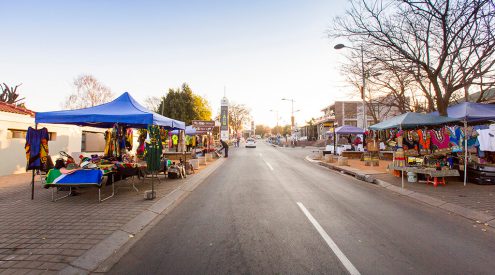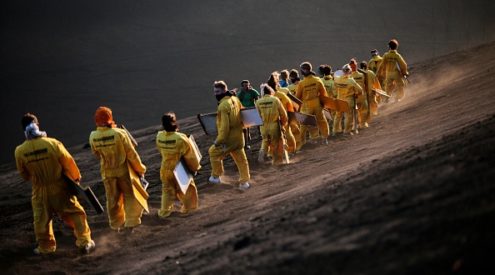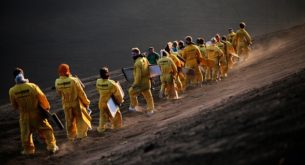Hundreds of people have died with millions displaced due to Nigeria’s worst flooding in a decade.
Heavy rain combined with climate change, poor city planning, and overpopulation has made Nigeria very susceptible to flooding.
Earlier this month, Nigeria’s National Emergency Management Agency (NEMA) warned of catastrophic flooding for states located along the courses of the Niger and Benue Rivers, noting that three of Nigeria’s overfilled reservoirs were expected to overflow. NEMA said the release of excess water from Lagbo Dam in neighbouring Cameroon had contributed to the flooding.
But in addition to state governments failing to prepare early for its seasonal floods, Nigeria does not have a buffer dam to prevent this flow though this need has existed since 1982 when the Lagdo Dam was completed.
Sadiya Farouq, the Nigerian Minister of Humanitarian Affairs and Disaster Management said over 1.3 million people have been displaced by the torrential rainfall and flood which spread to 30 of the country’s 36 states.
‘We have recorded 603 deaths since the flooding started this year and about 2.5 million people affected,’ the Minister said on Sunday evening at a press briefing.
She added that 2 407 people suffered different degrees of injuries, while more than 82 000 houses and 332 000 hectares of farmland were completely damaged by the flood.
The numbers are expected to increase with the minister stating that heavy rainfall is expected to continue into November.
Some big agricultural businesses are already feeling the heat and that could increase food prices in the coming months. Olam Nigeria, which produces a quarter of Nigeria’s rice, says about 4 047 hectares of their farmland have been submerged, leading to a shortfall that could raise prices. ‘We should expect an increase in rice prices in December. Of course, that goes without saying, because the entire crop has been lost,’ said Ade Adefeko, the company’s Vice President for corporate and government relations.
Due to their strict import bans which prohibited the importation of items such as wheat, rice, eggs, sugar, and dairy products to name a few, Nigeria will have to rely on food reserves and foreign relief to overcome the incoming food shortages.
Take a look at footage of the flooding below.
Picture: Screenshot
ALSO READ: Climate change is impacting South Africa’s southern right whales















